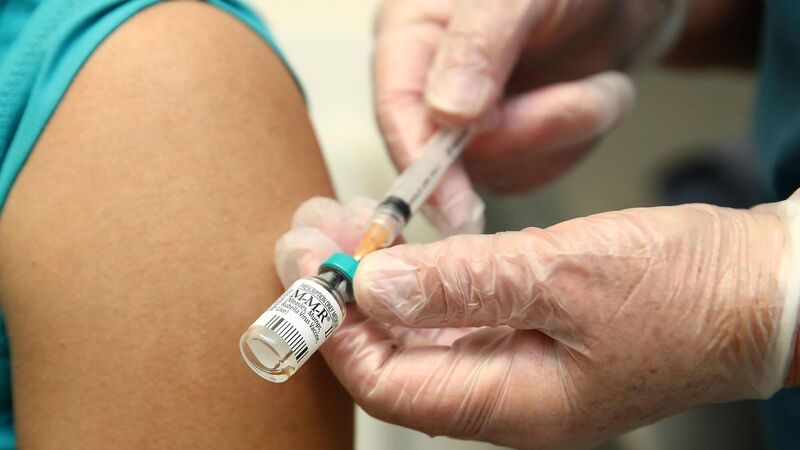Irish Examiner view: Low jab rates store trouble for the future

The HSE reported that flu vaccination take-up among healthcare workers is just 30% this winter, which is less than half the HSE’s target rate for staff of 75%. Picture: Getty/Stock
Last week alone, 801 people were admitted to hospitals with flu, including six to intensive care units.
















